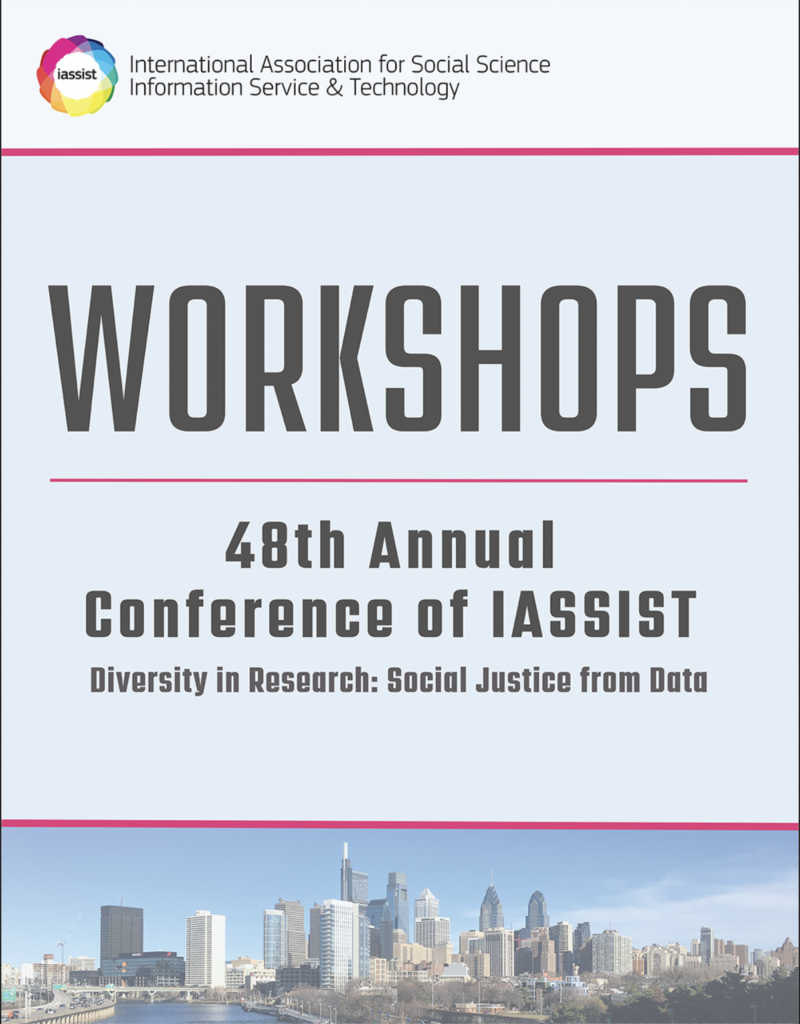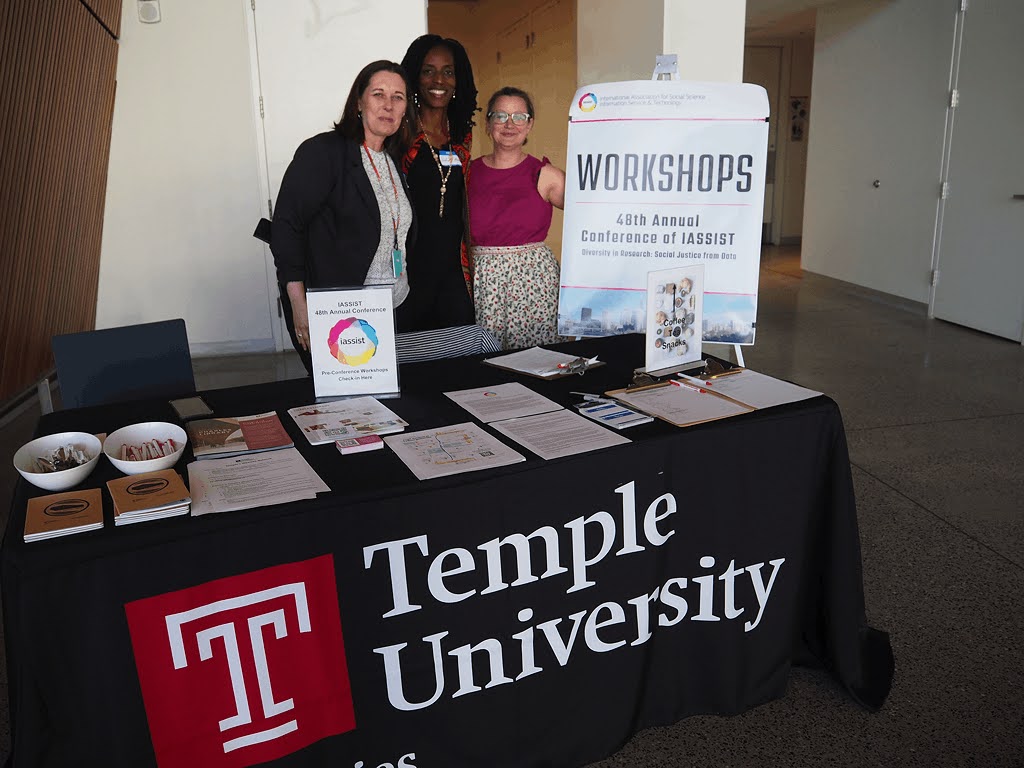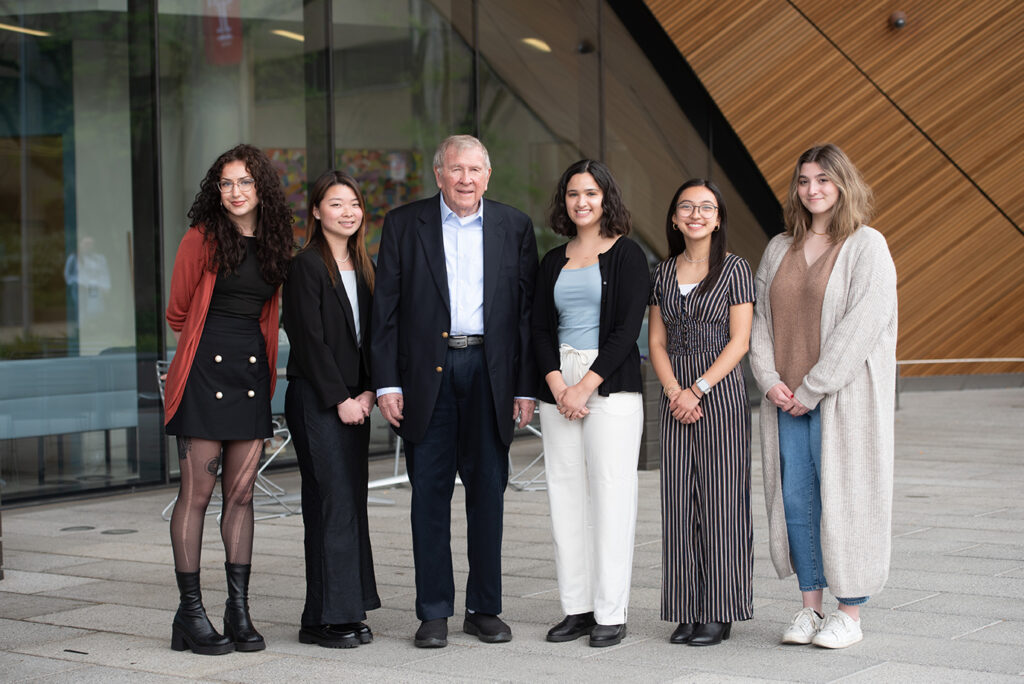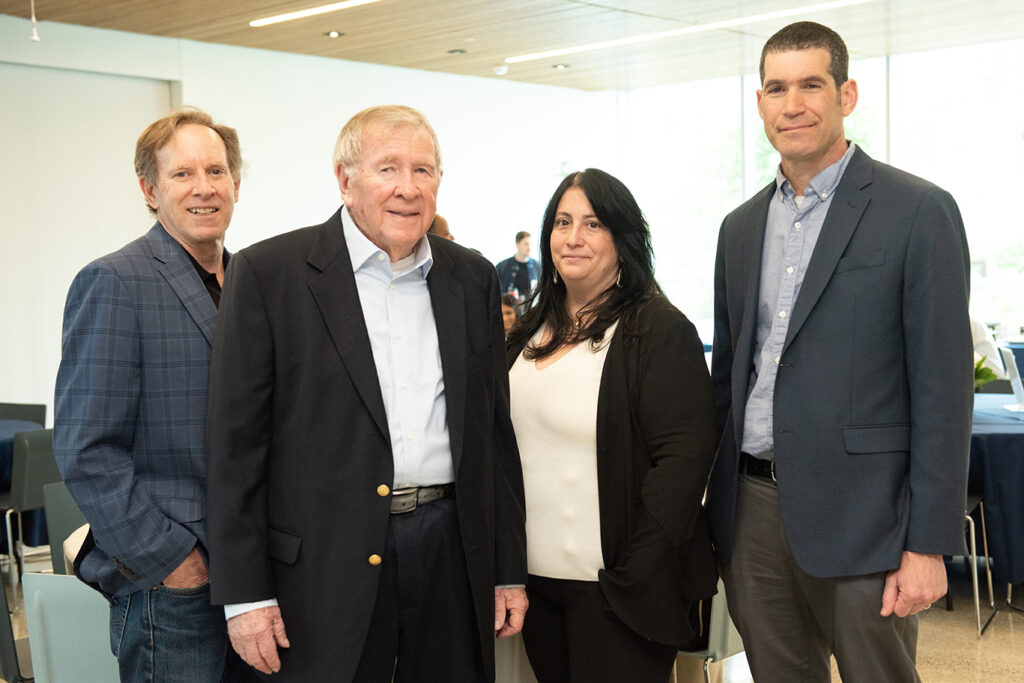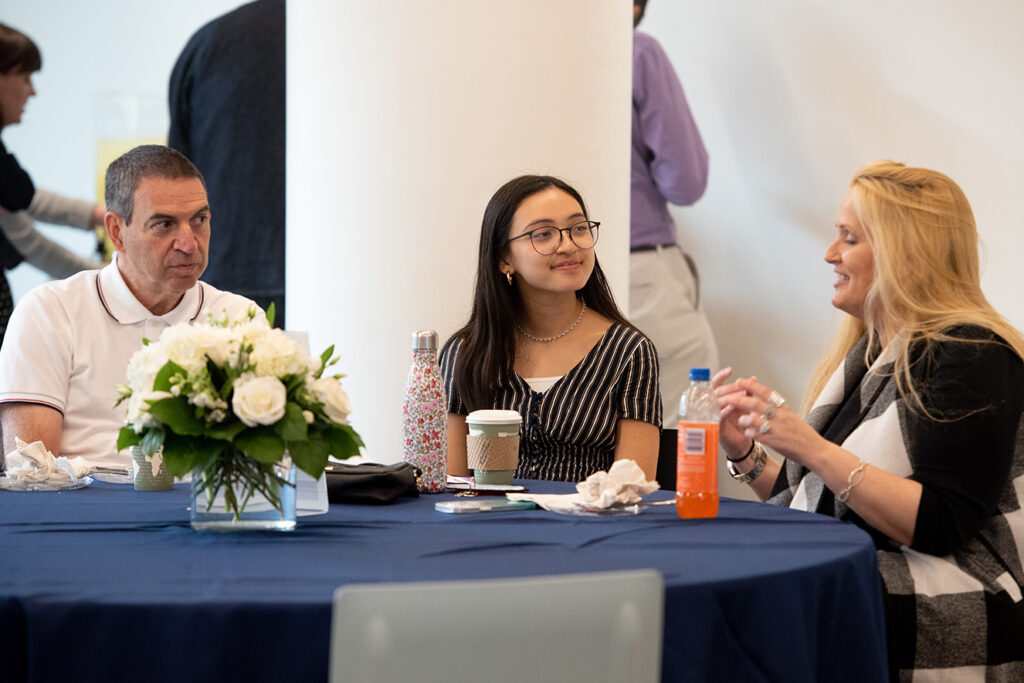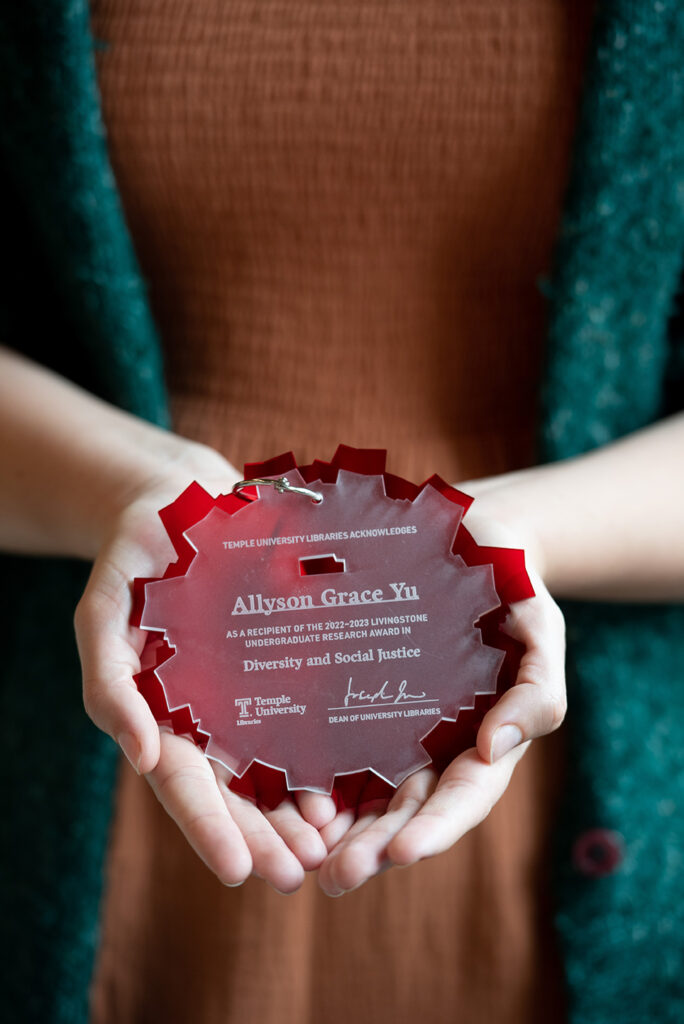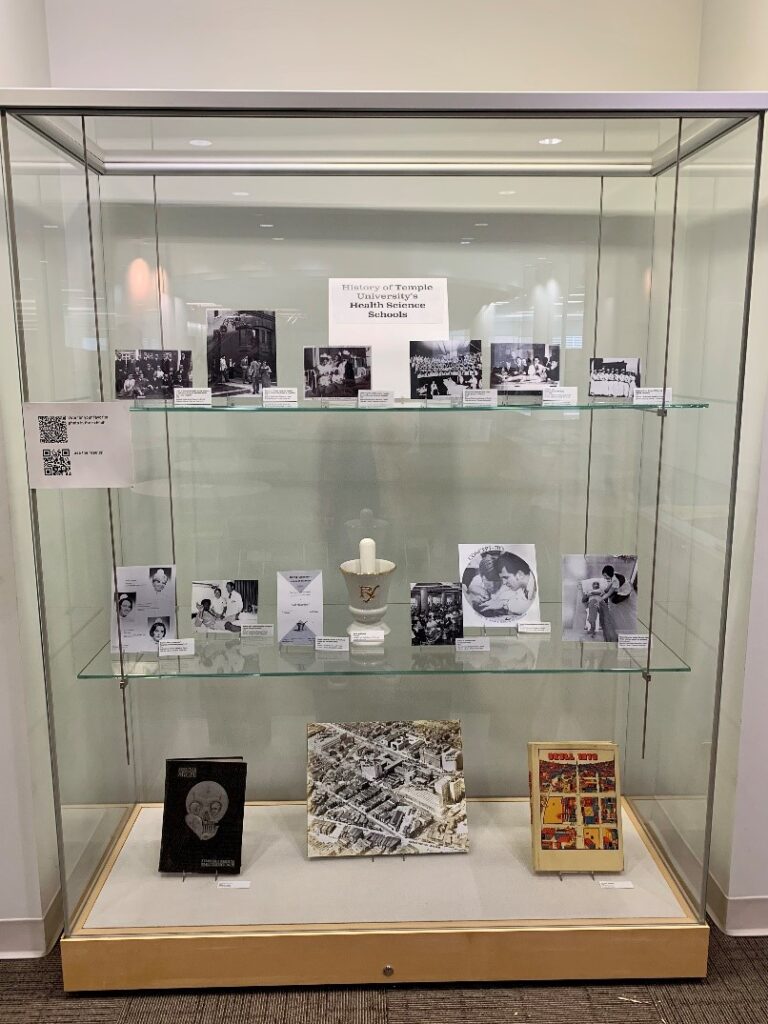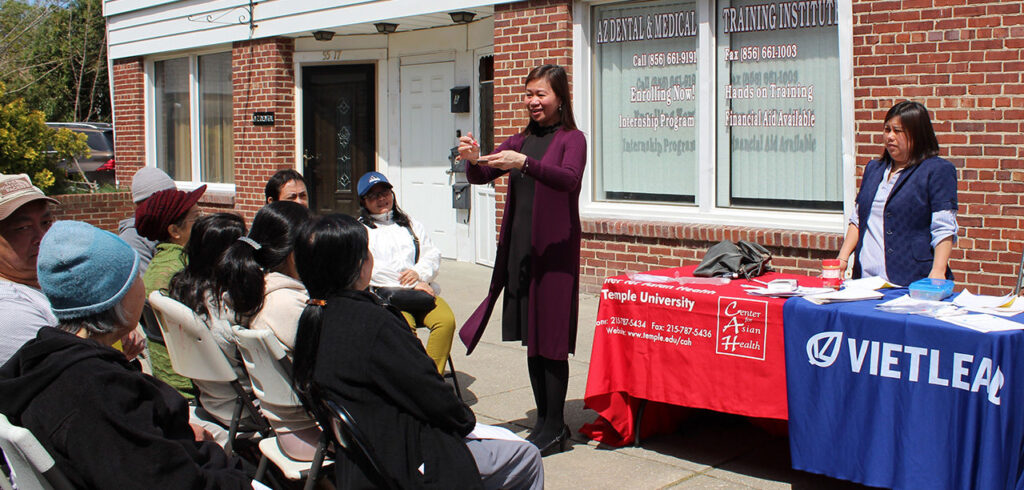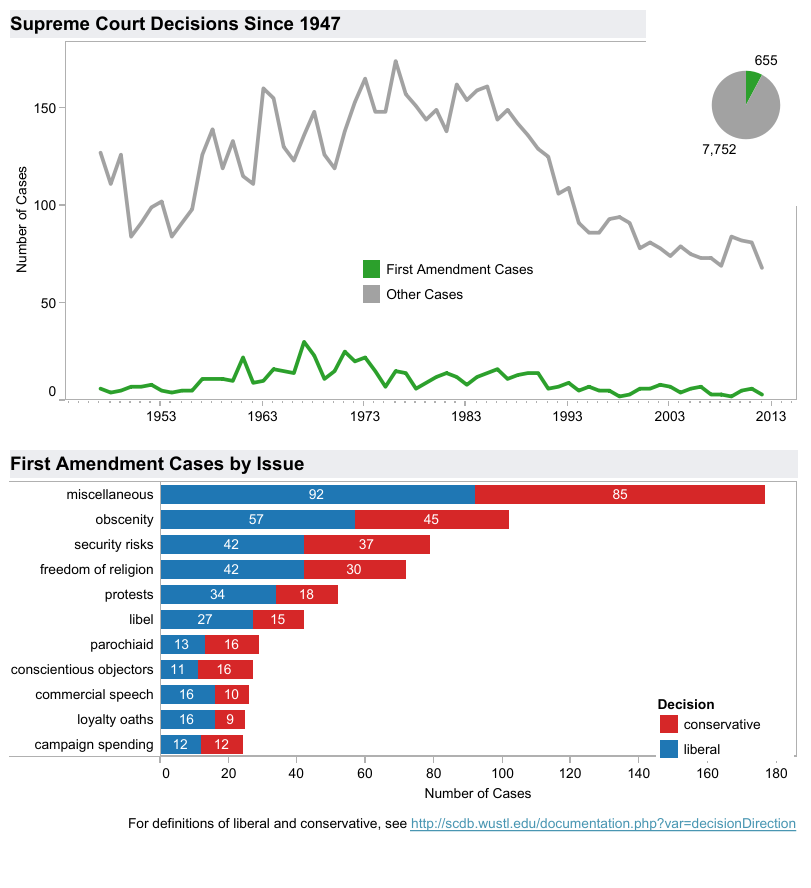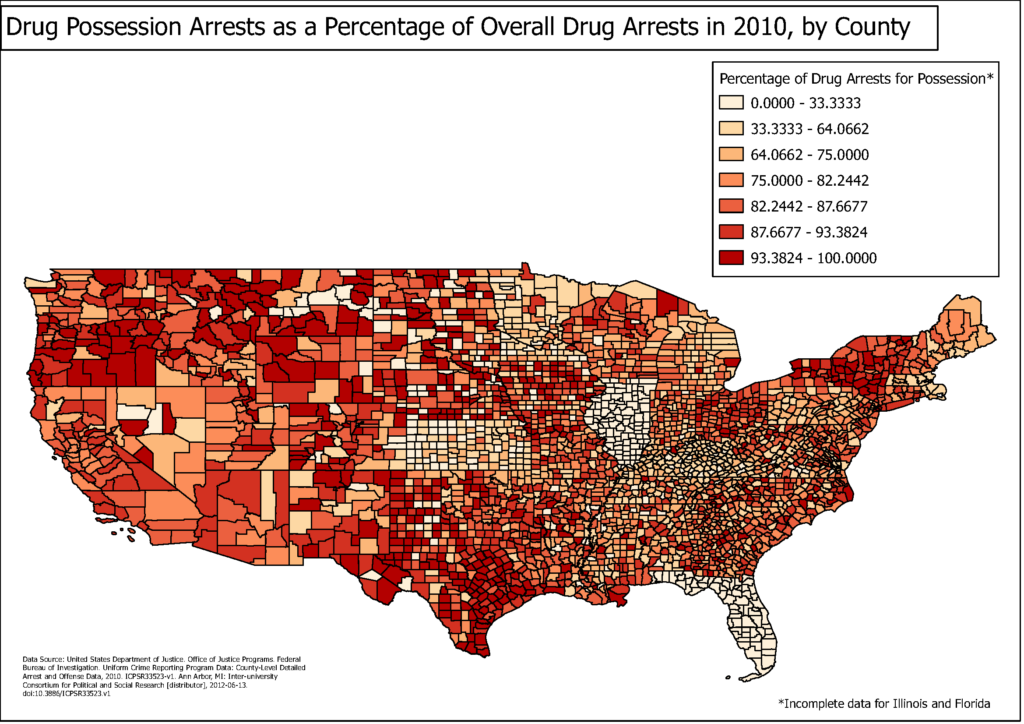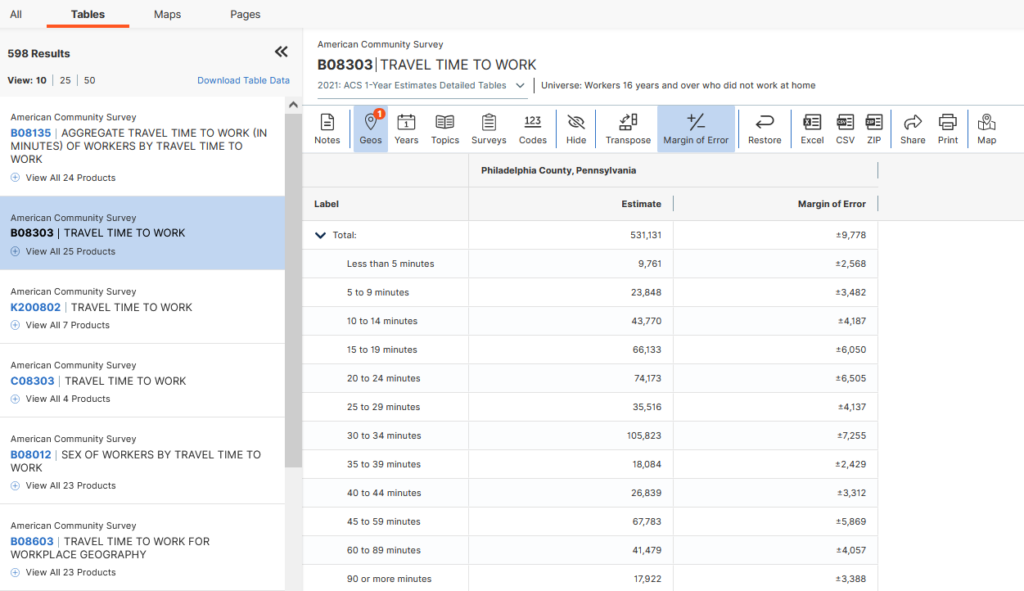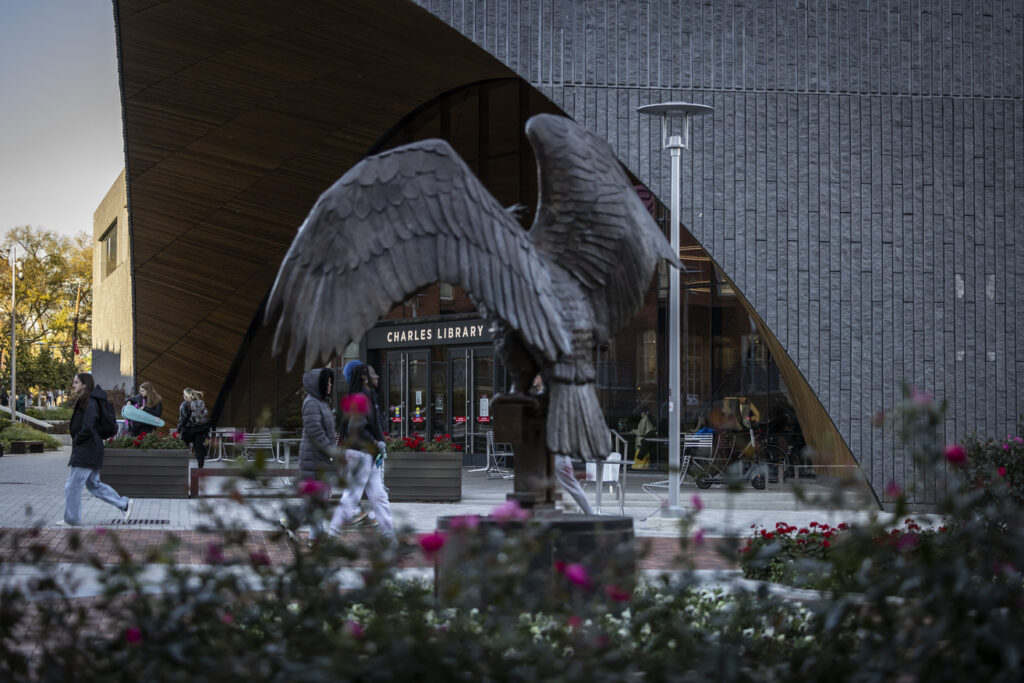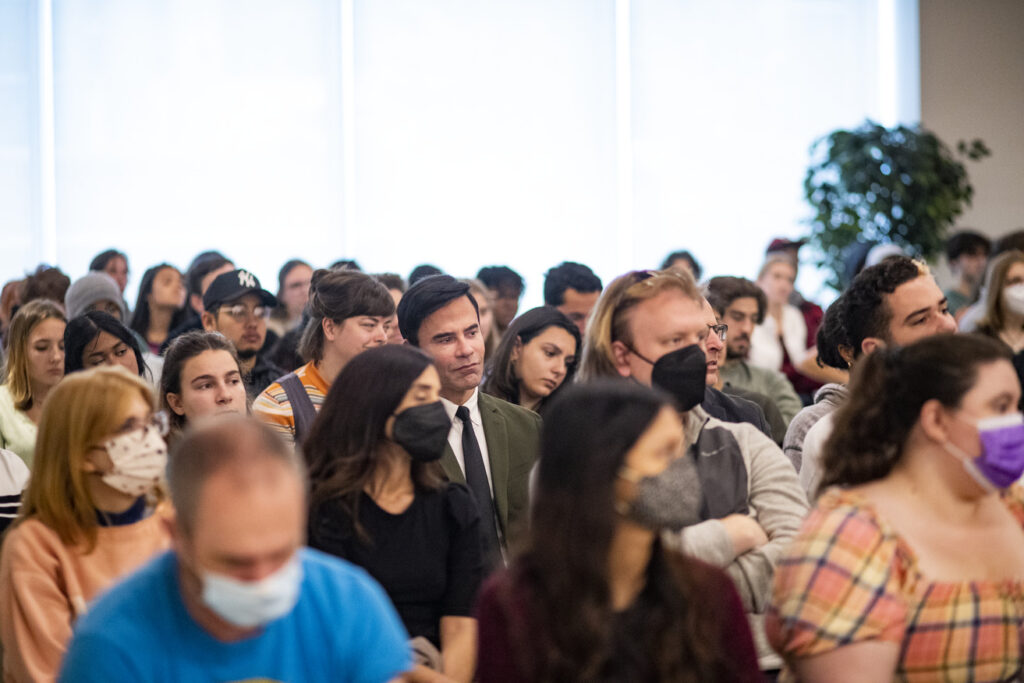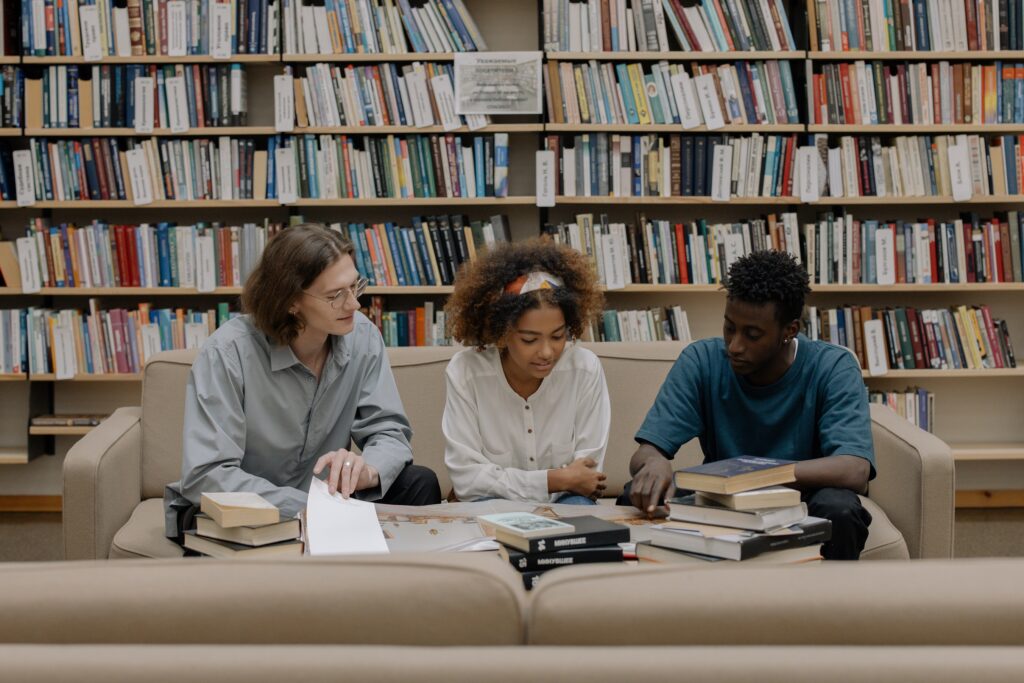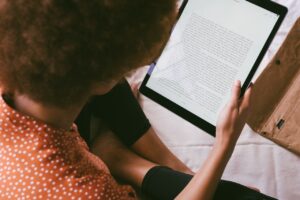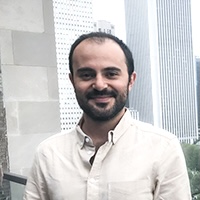Guest post by Karen Kohn, Collections Analysis Librarian
Faculty and students may remember the confusion that occurred in September 2023, when 1,379 ebooks published by Wiley disappeared from our catalog. After international protest, including voices from Temple University, Wiley reinstated these books in October 2023. At the time, Wiley announced that access would be temporary, with the intention of giving faculty time to redesign courses to use alternate materials.
This past spring, we received the following update from Wiley, sent via our representative at ProQuest:
Previously we communicated a number of Wiley etextbooks titles were scheduled to be removed from Academic Complete in the June 2023 bi-annual title subscription removal process. Wiley has agreed to extend this timeline and ProQuest will continue the existing terms including retention of all existing Wiley titles in Academic Complete through December 31st, 2023. Should any titles be removed after that you will be made aware of those publisher requests in our normal semi-annual subscription removal process.
This is good news! The books will be available at least until December, and the wording suggests they may remain available into 2024 as well.
When Ebooks Disappear
The mention of a “normal semi-annual removal process” might sound concerning, but in fact librarians at Temple University Libraries have a prepared response to this situation. We subscribe to several ebook packages from ProQuest and EBSCO, and books are removed from these packages in June and December – in other words, not in the middle of a semester. The vendors notify us which books are going to be removed, and a librarian checks to see which have been heavily used. If an ebook was used above a certain threshold and is available for a reasonable price, we will purchase a copy. Because this copy is a purchase rather than a subscription, we have perpetual access, and it won’t disappear.
There are cases when an ebook is unavailable for purchase, as with the Wiley ebooks. This is a problem for libraries! Even when a publisher sells an ebook for individuals to read on their Kindle or another ereader, they can opt to withhold it from library platforms. Sometimes the ebook is for sale but is unaffordable to libraries at four or five times the cost of the print.
How Legal Changes Might Help
An advocacy organization called Library Futures has drafted model legislation related to ebooks that has been introduced in several states. Such legislation would require that if a publisher offers an ebook for sale to the public, that publisher should also be willing to sell the same ebook to libraries on reasonable terms. As Library Futures’ policy statement says, “Often, eBook licenses offered to libraries come with many restrictions on use and/or are prohibitively expensive, or worse, sometimes are not available to libraries at any price.” The legislation is not yet in effect in any state, though librarians are eager to follow its progress.
What Faculty Can Do
In the meantime, there are a few ways you can ensure that students will have access to their course texts. Please notify the bookstore of what texts you are adopting, even if you can see that the library has them. The bookstore shares this information with us, and it helps us to know which ebooks to purchase if subscription access disappears. You can also consider adopting an open textbook for your course. Temple’s Textbook Affordability Project offers grants to support faculty in making their courses more affordable for students by replacing expensive texts with open educational resources. Look for the Libraries’ call for applications in spring 2024. In the meantime, we encourage faculty to sign up for our quarterly open education newsletter, Owls for Open Ed!





